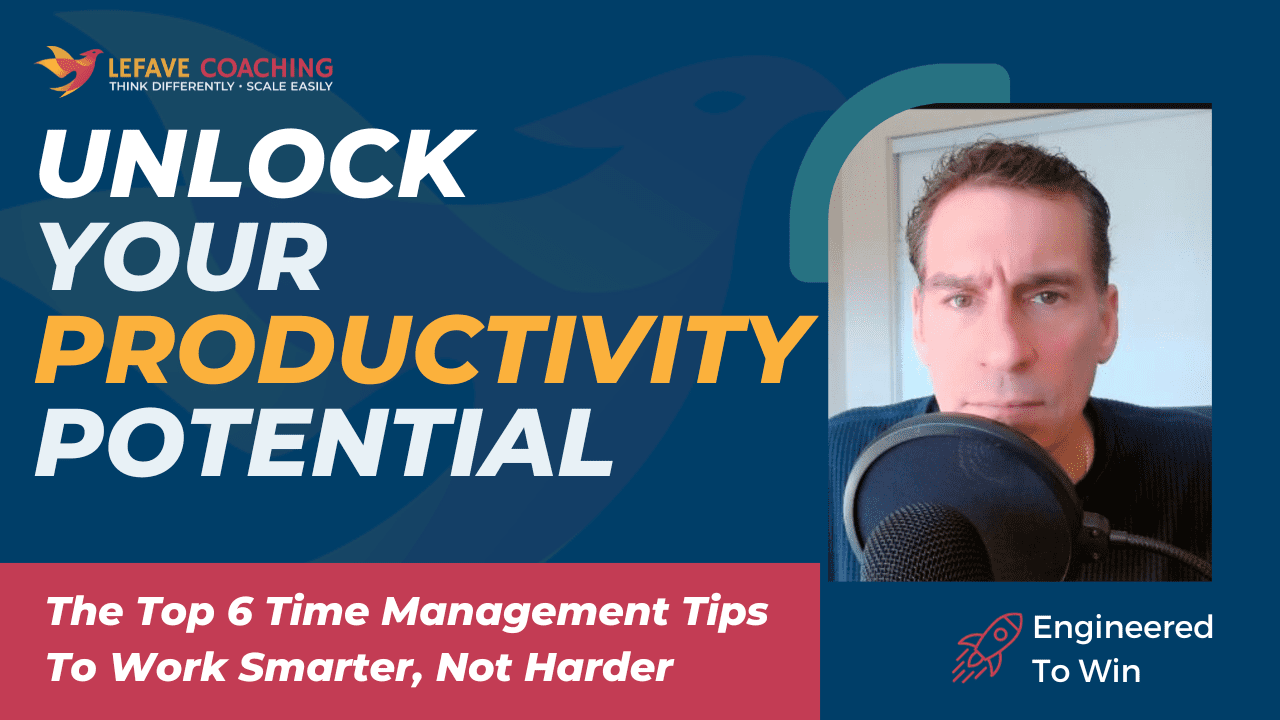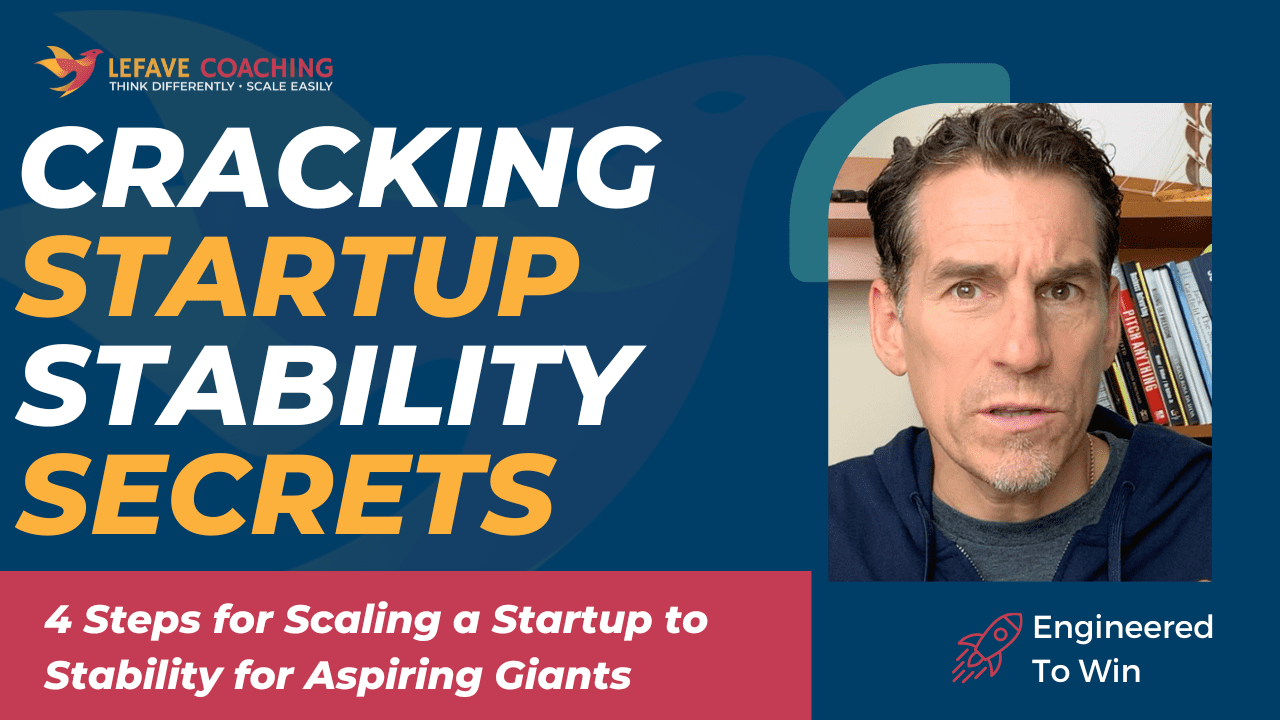Have a lot on your plate to get done for the day? It might seem easier to get it all done if you multitask. But the truth is, multitasking hurts your concentration big time. Read on to find out just how bad it is to multitask when trying to concentrate on getting things done.
Several studies that reveal that switching tasks causes you mental “wear and tear” and depletes your intelligence; what I call your mental currency.
Every day you start off with a lot of potential energy and have renewed your energy stores so that you can go out and live another productive day.
Every day you invest your valuable mental currency into efforts that hopefully will multiply and give you a great return on your investment.
Daily, we go from high potential from the time we wake up to low potential when we go to sleep for the night. We also energetically go from high potential to low potential rhythmically throughout our day.
Constant switching of focus is inefficient and can lead to big trouble by depleting your energy stores… and potential burnout.
Multitasking isn’t helping you do anything faster… and constant exposure to multiple electronic devices like smart phones, computers, tablets, and kindles makes us even worse at multitasking.
“When you’re pushing yourself to perform two or more tasks, especially complicated tasks, multitasking isn’t beneficial – It’s extremely inefficient.”
That's because no matter how small the task, your brain must reorient its focus very quickly each time.
If you can’t do something unconsciously; in other words, in your sleep, it is taking up mental currency and constant shifting of your attention during a day of texting and talking and writing can add up to real time.
According to Cal Newport, focus is the number one skill of the 21st century. In his book, Deep Work, going deep is what he refers to as being able to focus on one thing for a long period of time. Being able to get into a flow state. Being able to accomplish more and more.
“Focus is today’s I.Q.”
We have all this amazing technology to be able to produce better and easier results, but the problem is that the same technology is incredibly addictive. Most people are focused for less and less periods of time.
I'm going to break down the science of how you can create flow and focus very easily and accomplish a lot more in a lot less time, because you don't need more time. Being focused has a lot to do with being in a flow state.
Discover the science of the signs, symptoms, and deep issues below to see where and how you can stop multitasking and get into a flow state.
Your Brain Can’t Multitask
According to the American Psychological Association, there is no such thing as multitasking when it comes to your brain. Although you may think you are doing multiple things simultaneously, your brain is constantly switching back and forth between tasks. Thus you will tire faster when you multitask than if you focus on one task at a time.
Task-Switching Takes Time
Besides just tiring you out as your brain goes back and forth between two tasks, this task-switching takes time, which is valuable for meeting deadlines. You may not notice it, but it can take up to three minutes for your brain to fully switch over to a new task. And if you are taking three minutes between each of your tasks, this can quickly add hours you can't afford to be wasting.
Thoughts Aren’t Allowed to Flow
It isn't just the time and energy wasted. When you are constantly demanding that your brain switch subjects, this doesn't allow your brain to think very deeply. When you multitask, you're much more likely to accomplish two tasks of lower quality than when you focus on each task individually because your brain hasn’t had the time to think through both tasks completely.
“Creativity is intelligence having fun”
Creativity is Stifled
Additionally, when your thoughts aren't allowed to flow, this stifles your creativity. And depending on your line of work, this creativity could be essential to creating and innovating. It will also make it more difficult to overcome roadblocks that might come up as you work. And if you can't solve challenges while you work, you may find yourself stuck—wasting more time than if you hadn't tried multitasking in the first place.
Overall, although there are many reasons to multitask, your brain actually can't focus on two things at once. This process of switching back and forth between tasks is both a time and energy waster.
Plus, it doesn't allow thoughts to flow, thus stifling your creativity and increasing the chances you'll come to a problem you can't solve. This is why you should absolutely stop multitasking during the times when you need to concentrate.
Simple Solutions
Watch this mini workshop on the 3 Fundamentals For Extreme Progress ☄️
Attention Parents
- Want to be a better parent? Join the Calm Parenting Community



